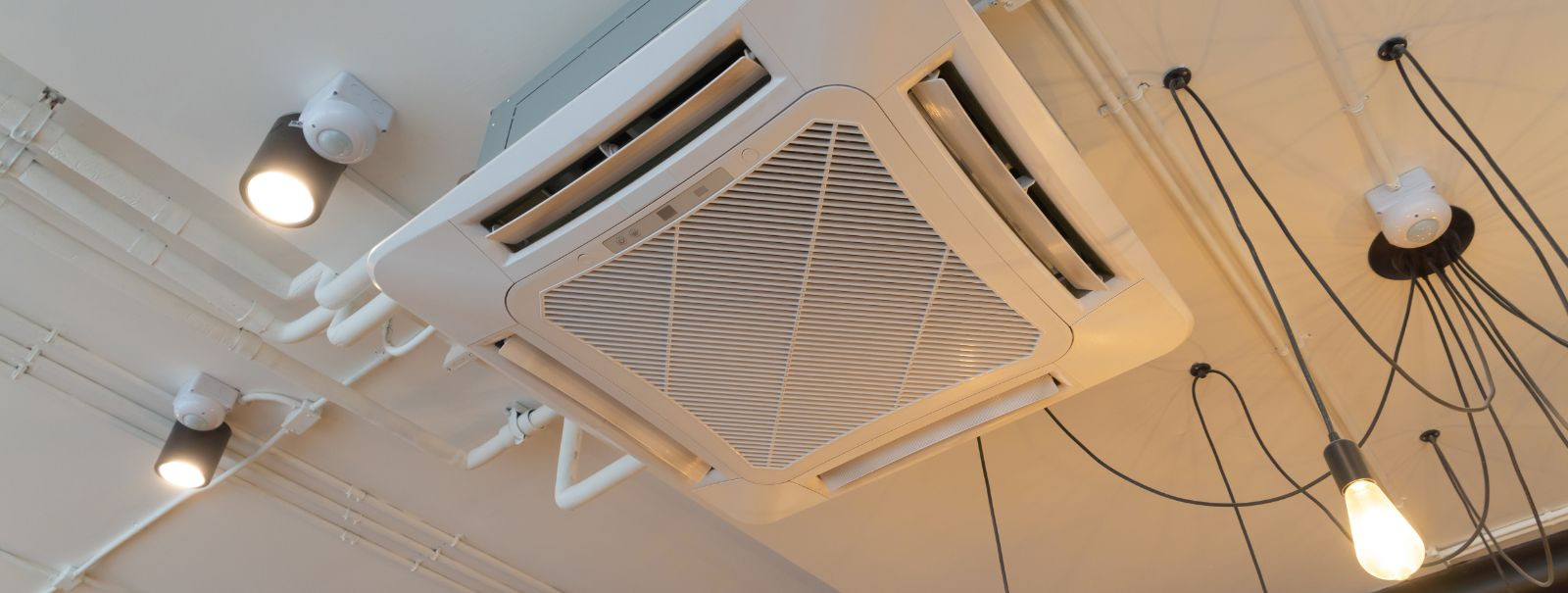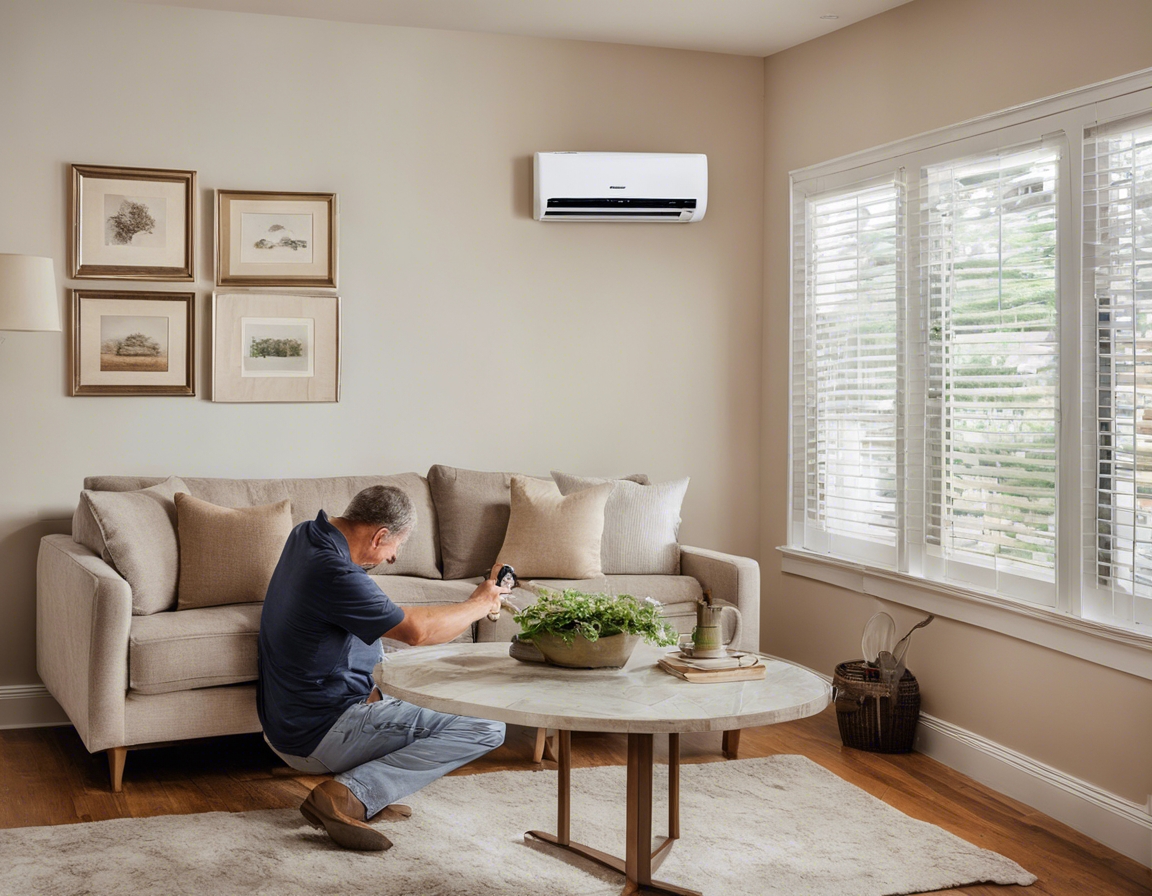The ultimate guide to maintaining your fans
Maintaining your fans is crucial for ensuring they operate efficiently, last longer, and provide a healthy indoor environment. Regular maintenance can prevent unexpected breakdowns, save on energy costs, and keep your air quality high.
Before diving into maintenance, it's important to understand the different parts of your fan: the motor, blades, housing, and electrical components. Each plays a vital role in the overall function of your fan.
Preventive Maintenance Steps
Keeping your fans clean is essential. Dust and debris can hinder performance and cause overheating. Turn off and unplug your fan before cleaning. Use a soft cloth or brush to gently remove dust from the blades and housing.
Loose screws and fittings can lead to noise and reduce the efficiency of your fan. Periodically check and tighten any loose parts.
Some fans require lubrication to run smoothly. Consult your owner's manual to see if this applies to your model and to find the correct type of lubricant.
Inspect your fan's wiring and connections to ensure they are secure and not damaged. This can prevent electrical hazards and malfunctions.
Pay attention to changes in your fan's performance, such as unusual sounds or decreased airflow, which can indicate a need for maintenance or repair.
Common Issues and Troubleshooting
Noise and vibration are often due to imbalanced blades or loose parts. Balance your blades and tighten any loose components to resolve these issues.
Overheating can be caused by a buildup of dust and debris or a failing motor. Clean your fan thoroughly and seek professional help if the problem persists.
Electrical issues should be addressed immediately to avoid safety risks. If you're not experienced with electrical repairs, contact a professional.
If you encounter complex issues or are unsure about performing maintenance tasks, it's best to seek professional assistance to avoid damaging your fan or causing injury.
Seasonal Maintenance Tips
Before periods of high usage, such as summer, ensure your fans are clean, lubricated, and functioning properly to handle the increased demand.
If you won't be using certain fans during the winter, clean them and store them in a dry place to protect them from dust and damage.
Upgrading and Replacing Fans
Consider upgrading your fan if it's frequently breaking down, not meeting your needs, or if more energy-efficient models are available.
When selecting a new fan, consider the size of the space, the type of fan best suited for your needs, and energy efficiency ratings.






Comments (0)